Horatio Chapple death: Polar bear 'probably stressed'
- Published
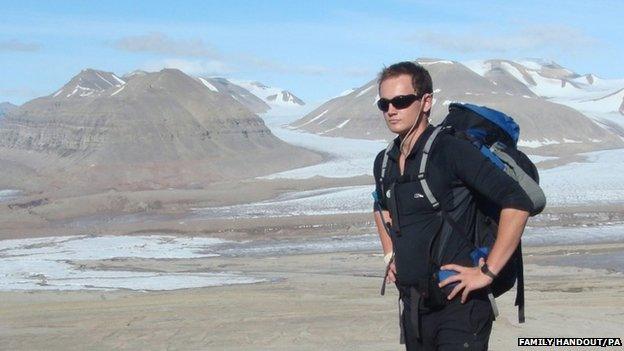
Horatio Chapple was killed on an adventure holiday in Svalbard
A polar bear that mauled a boy had worn-down teeth which would have made it behave "aggressively and unpredictably", an inquest has heard.
Horatio Chapple, 17, from Salisbury, was on an adventure holiday in August 2011 with the British Schools Exploring Society (BSES) when he died.
The court was told the pain suffered by the bear would have influenced its behaviour and increased its stress.
The Eton schoolboy was asleep in his tent when the bear dragged him out.
'Underweight' polar bear
Horatio suffered fatal injuries to his head and upper body in the attack in the Norwegian territory of Svalbard.
Four others were seriously hurt before the animal was shot dead by one of the group leaders.
The injured men included trip leaders Michael Reid, 29, from Plymouth and Andrew Ruck, 27, from Brighton but who now lives in Edinburgh. Trip members Patrick Flinders, 17, from Jersey, and 16-year-old Scott Bennell-Smith from Cornwall, were also hurt in the attack.
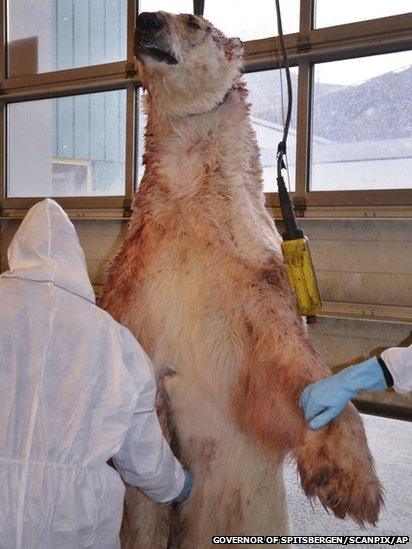
The shot bear was sent for examination by experts
The court was told a post-mortem examination of the bear found it suffered from worn-down teeth, a cavity in one, swollen and red gums, and periodontitis in several teeth.
Tests on the bear estimated it to be 24-years-old.
The court was told the fatality rate for bears in Svalbard was high after 15 years, very high after 20 years and that it was "rare" for a polar bear to reach 25 years.
An independent report produced by High Court judge Sir David Steel on behalf of BSES, also said the bear was "seriously underweight" at about 250 kg (551lbs) rather than the typical 400 kg (882lbs).
'Bear watch'
Executive director of BSES, Lieut Gen Peter Pearson, from Chepstow, Monmouthshire, said it had adopted all of the recommendations made in Sir David's report.
But he said specific issues relating to polar bears had not been implemented as BSES had not returned to areas occupied by polar bears, since the attack three years ago.
He also defended the two expedition leaders, Mr Ruck and Mr Reid, describing them as "perfectly competent".
Sir David's report criticised the reliance on a tripwire system to alert the group to the presence of polar bears and said a "bear watch" should "become the norm for expeditions to Svalbard".
The report also called for a "rigorous upgrade" of rifle training.
The inquest continues.
- Published9 July 2014
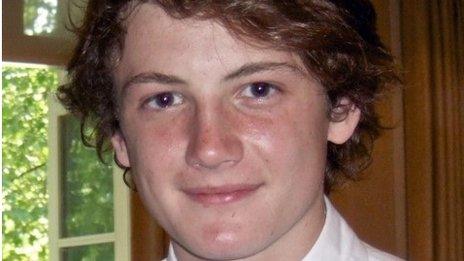
- Published8 July 2014

- Published7 July 2014

- Published30 September 2012
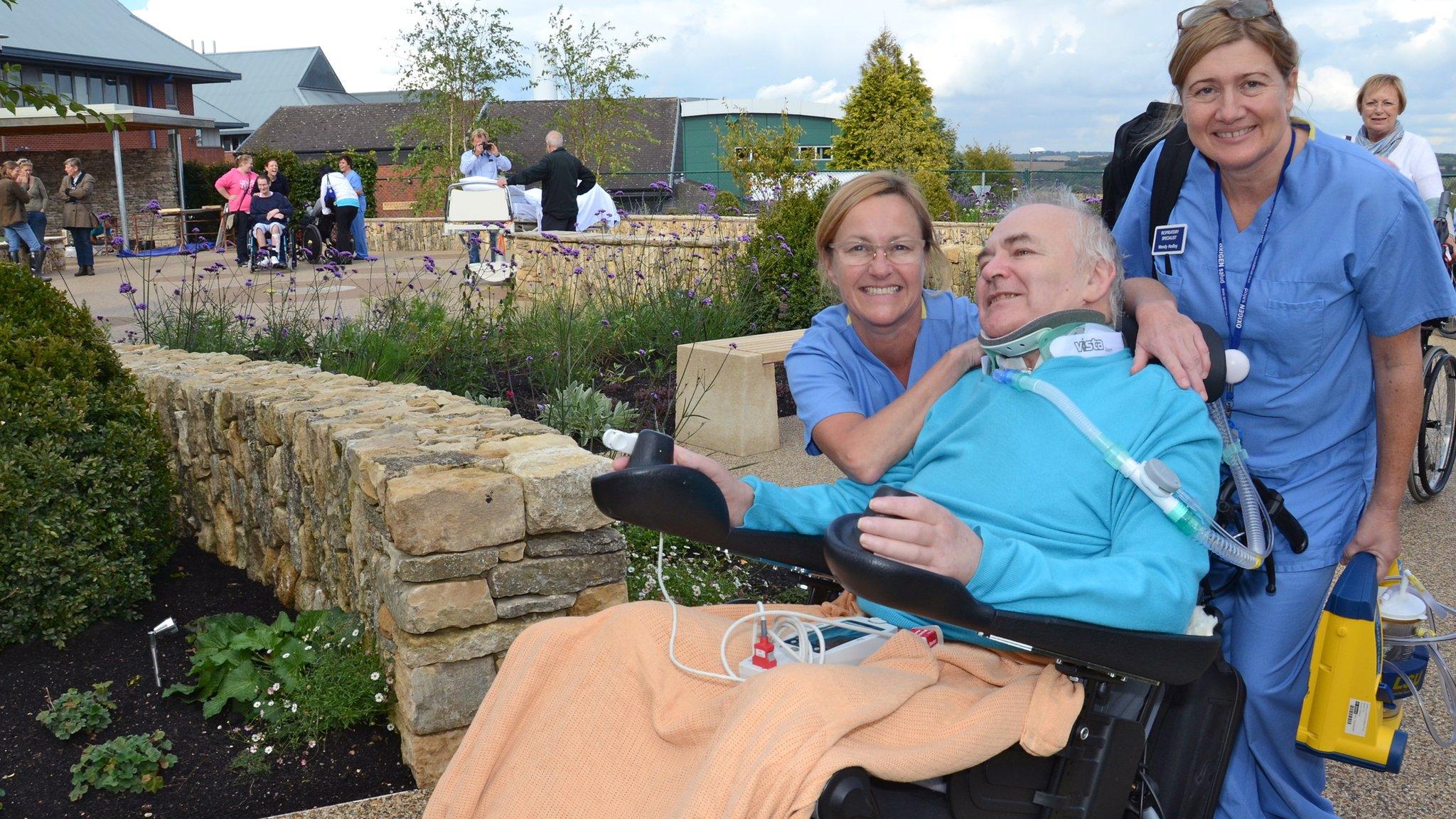
- Published2 March 2012
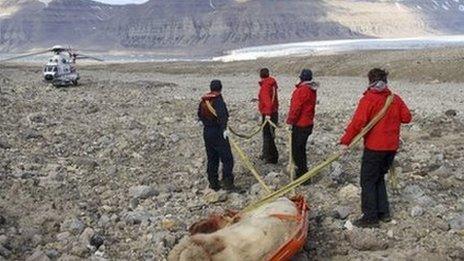
- Published26 August 2011
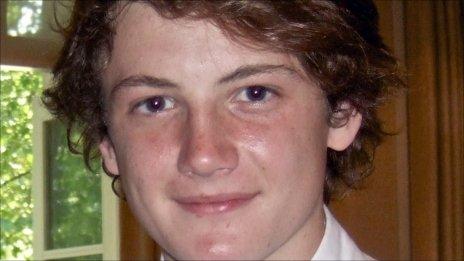
- Published9 August 2011
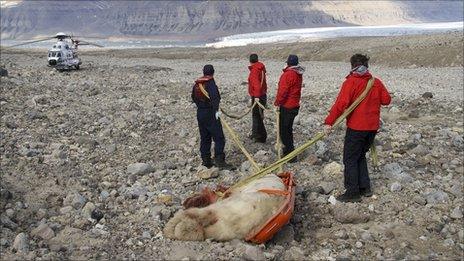
- Published6 August 2011